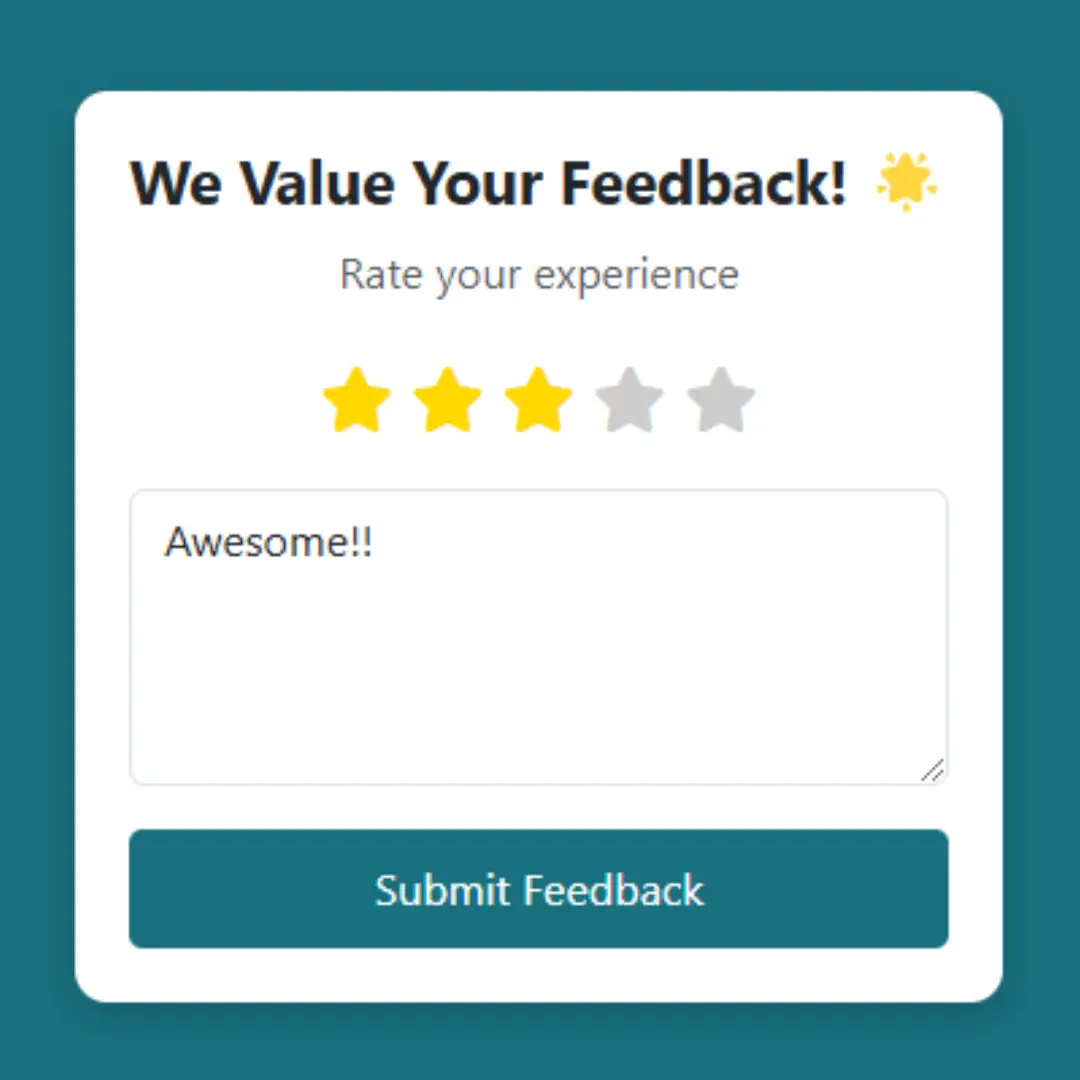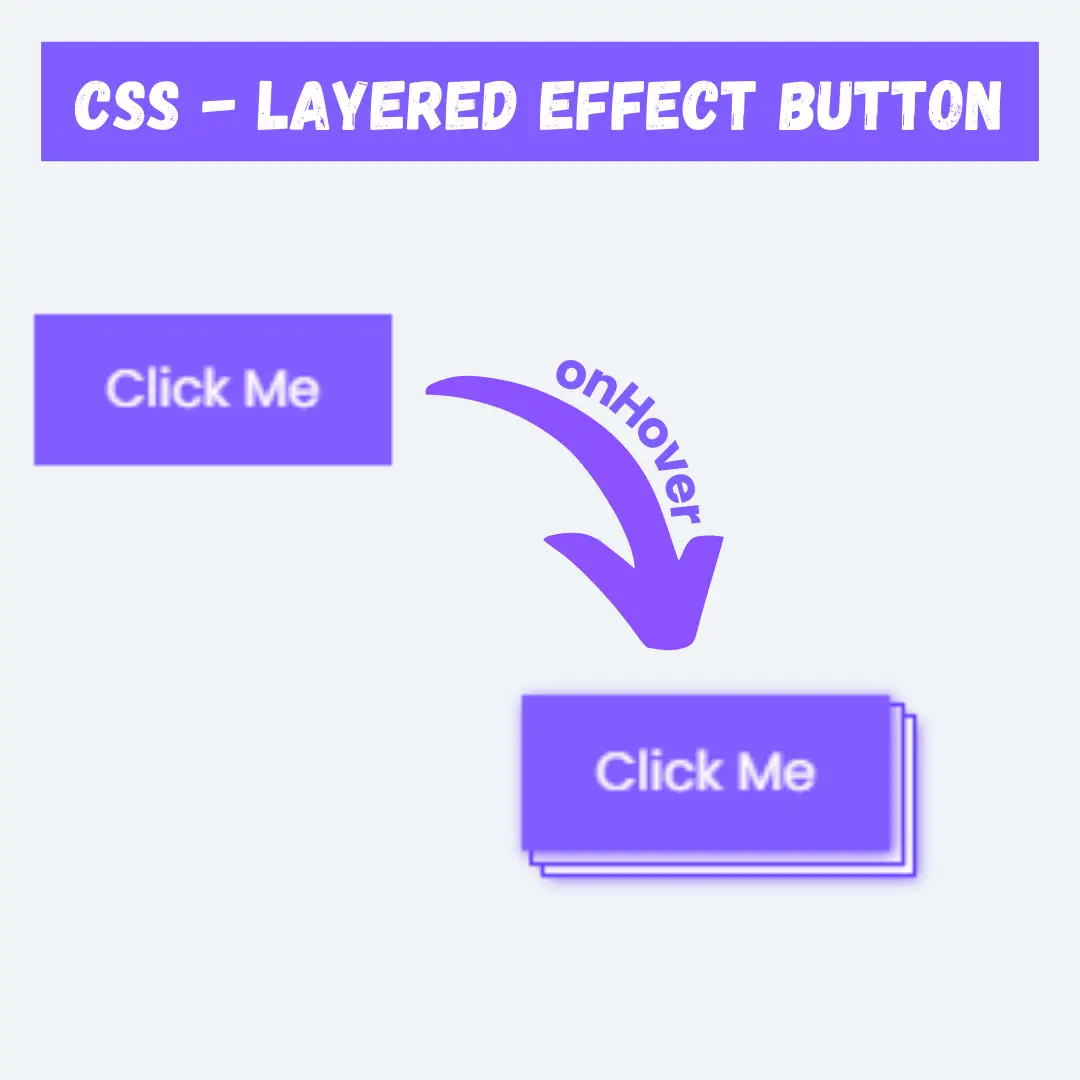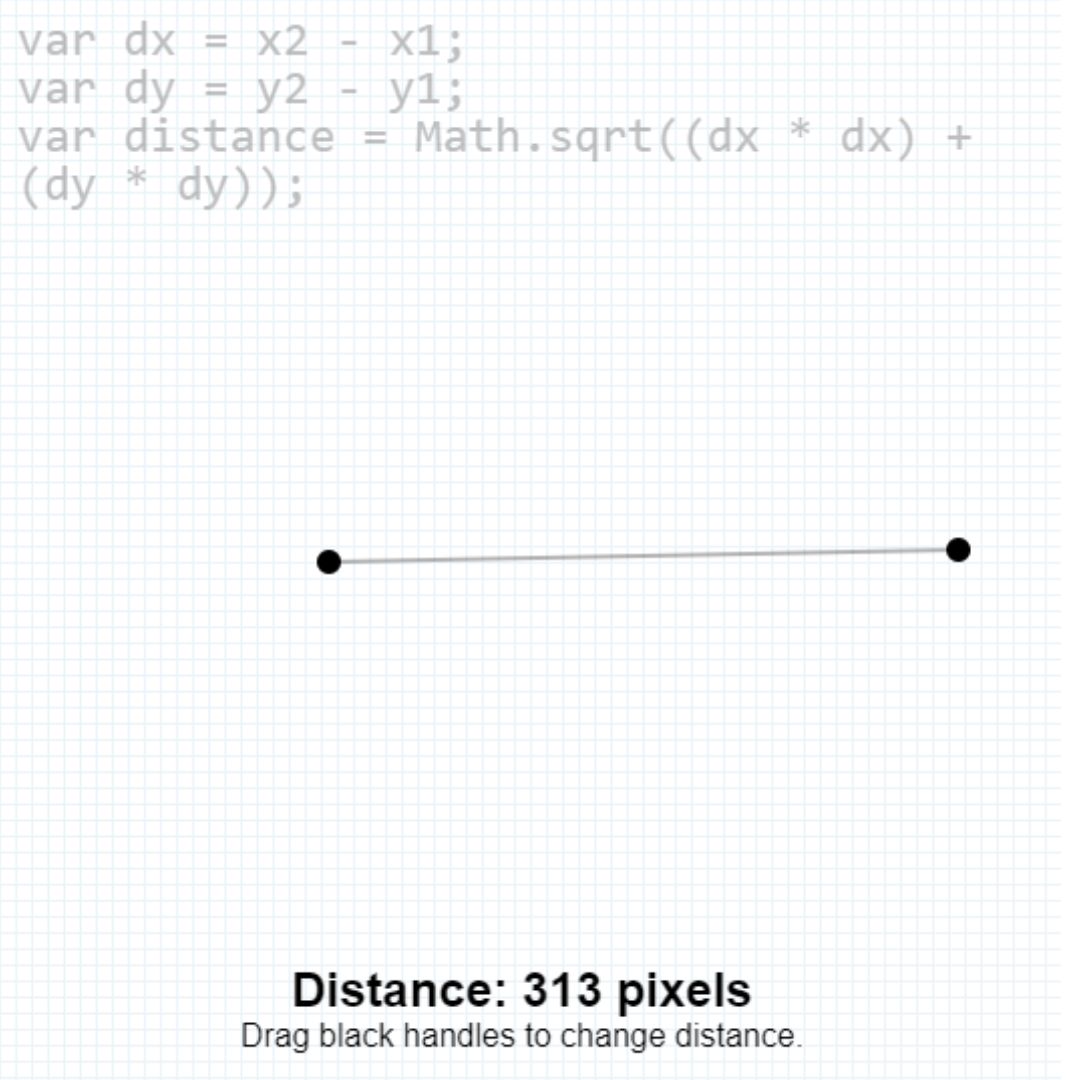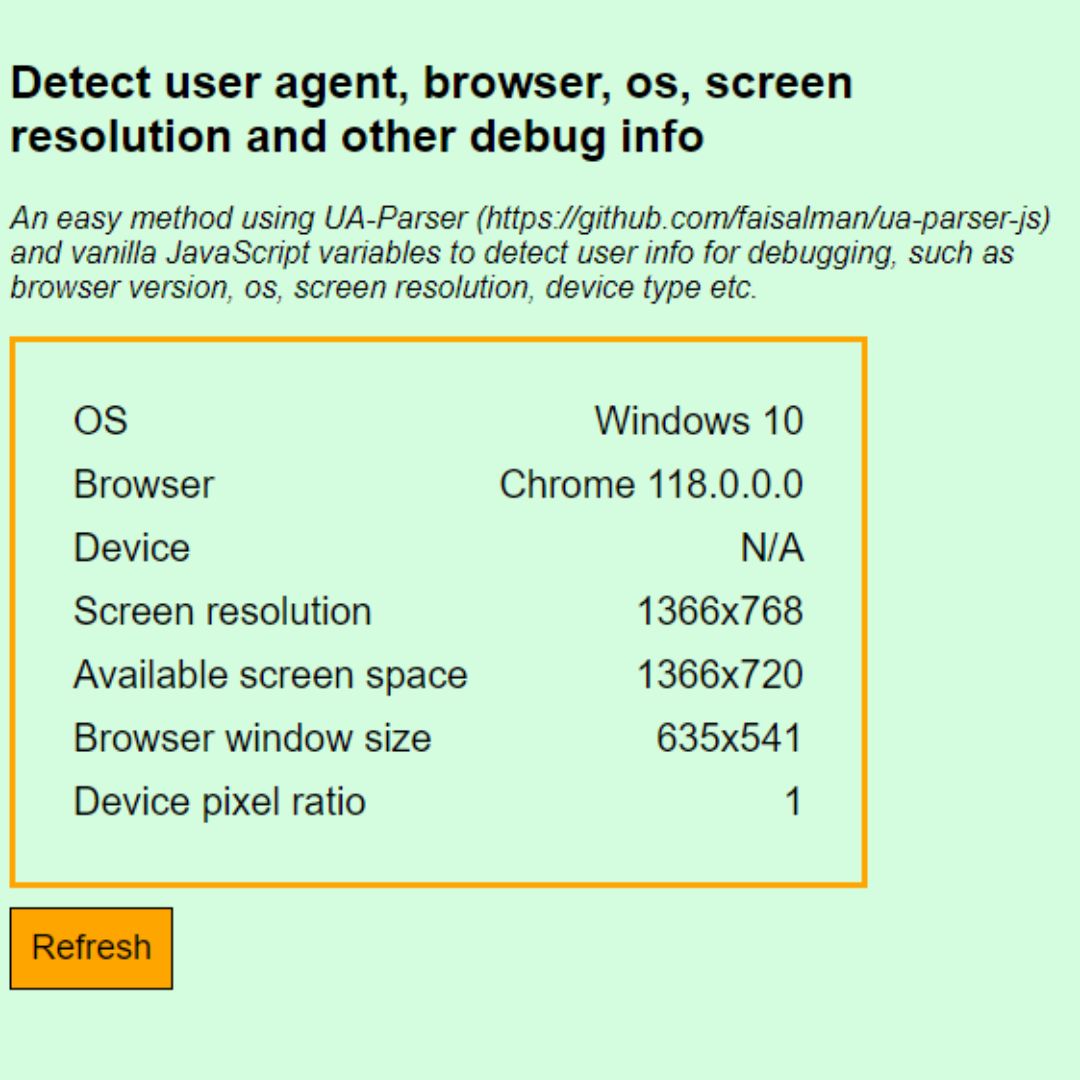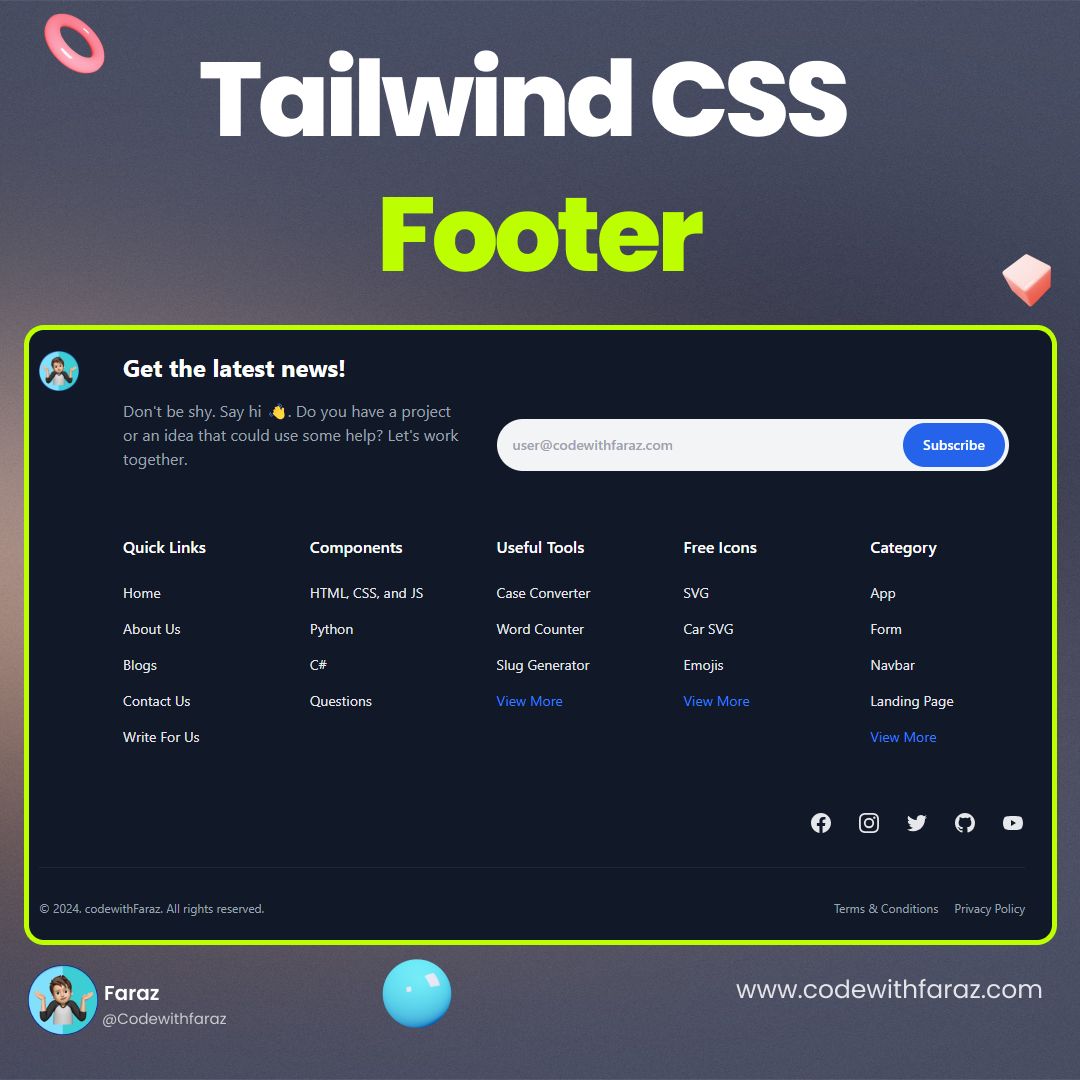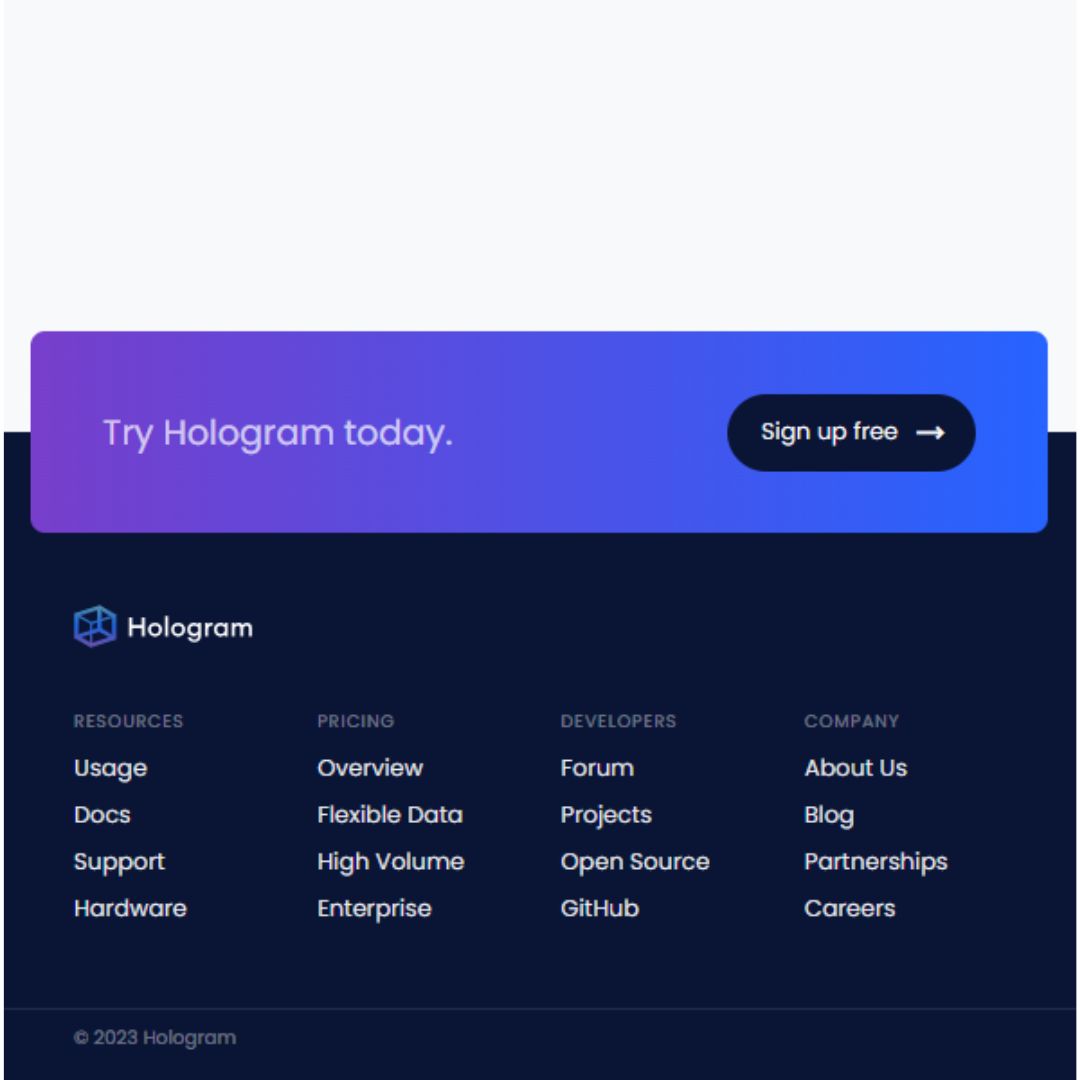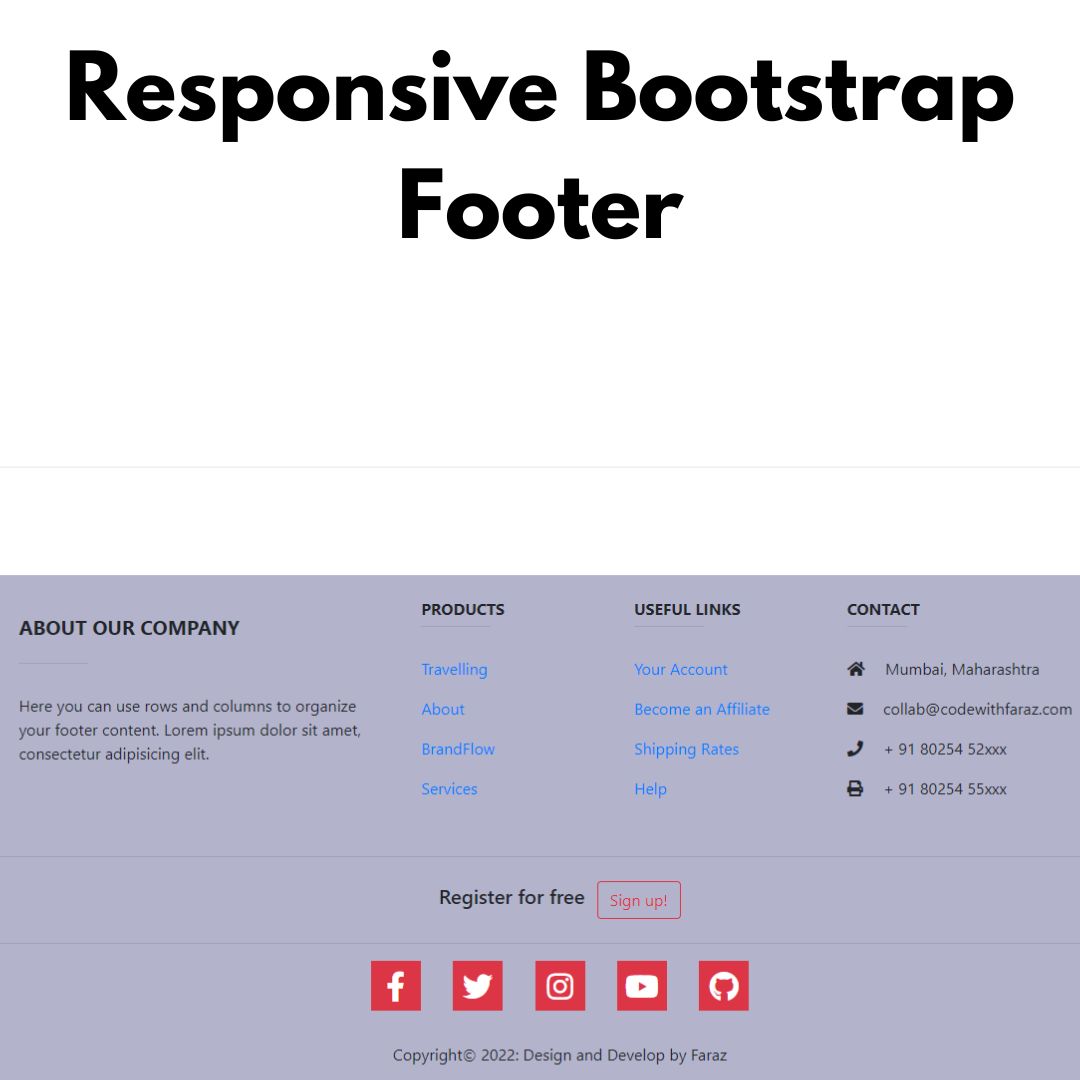In this blog article, we are going to talk about the pros and cons of both PostgreSQL and MySQL, as well as how they compare in terms of features, speed, and cost. We will also discuss what you need to consider when choosing which database will suit your needs.

When choosing a database, it's important to consider the applications that you'll be using it for. PostgreSQL is a powerful database that can handle a wide range of applications. MySQL, on the other hand, is a more popular choice for web applications.
In this article, we'll compare PostgreSQL vs MySQL and discuss which one is better for which applications. We'll also provide some tips on how to choose the right database for your needs.
What is PostgreSQL?
PostgreSQL is a powerful, open source database that is perfect for high-traffic applications. It has many features that make it a great choice for businesses of all sizes.
One of the most important features of PostgreSQL is its scalability. Unlike many other databases, PostgreSQL can handle huge amounts of data with ease. This makes it ideal for businesses that need to store large amounts of information.
Another great feature of PostgreSQL is its flexibility. It can be used in a variety of different applications, making it a versatile choice for businesses of all types.
Overall, PostgreSQL is a great choice for businesses that need a powerful and reliable database. It has the features and scalability needed to handle large amounts of information, while also being flexible and easy to use.
What is MySQL?
MySQL is a popular database that is used by many web developers. It is free and open source software.
MySQL was created in the early 2000s by Chris Collier. MySQL is a popular database that is used by many web developers. It is free and open source software. MySQL has several features that make it a good choice for web developers, such as its scalability and flexibility. It can be used to store data in both text and binary formats, making it a versatile database choice for different applications.
Some of the features of MySQL are :
- Scalable data storage for small and large databases
- Secure Data Encryption at Rest (EDR) with AES 256 bit encryption key sizes
- Automatic Data Flushing after updates with the InnoDB recovery system
- Replication support between multiple servers or clusters Version control using centralized commit log Version control using centralized commit log MySQL comes with
What is the Difference Between MySQL and PostgreSQL?
There are a few key differences between MySQL and PostgreSQL that should be considered when choosing a database.
First, MySQL is more popular than PostgreSQL, with over 150 million active installations. However, PostgreSQL has a larger feature set and is more customizable.
Second, MySQL is a drop-in replacement for the SQLite database engine in many applications. This means that you can easily migrate an existing application to use MySQL instead of SQLite. PostgreSQL, on the other hand, requires custom applications to use it.
Third, PostgreSQL supports transactions better than MySQL. Transactions are important because they allow multiple processes to work together without causing data inconsistency. This can prevent crashes and make your application more reliable.
Overall, the differences between MySQL and PostgreSQL are minor but important. When choosing a database, it's important to consider which one best suits your needs and preferences.
What are the Pros and Cons of PostgreSQL vs MySQL?
There are a few pros and cons to choosing between PostgreSQL and MySQL for your database. Here are the main points to consider:
- PostgreSQL is more reliable than MySQL.
- MySQL is faster than PostgreSQL.
- PostgreSQL has better scalability than MySQL.
- MySQL is more popular than PostgreSQL.
Who should use each database?
Database choice is one of the most important decisions you'll make when building a web application. Database choice affects almost every aspect of the application, from data storage to user management.
Which database should you use for your project? That question can be broken down into two separate questions: who should use PostgreSQL and who should use MySQL?
PostgreSQL is a powerful database that is best suited for larger projects with a high level of complexity. It is well known for its reliability and performance, which makes it perfect for applications that need to handle large amounts of data.
MySQL, on the other hand, is a more common database that is best suited for smaller projects that need to be quickly deployed. It is easier to learn and use than PostgreSQL, which makes it more popular among web developers. However, MySQL does have limitations in terms of its performance and scalability.
Who are the major competitors to these databases?
When it comes to databases, PostgreSQL and MySQL are two of the most popular options. They both offer many of the same features, but there are a few key differences that you should be aware of.
First, PostgreSQL is more expensive than MySQL. However, this doesn't mean that it's not worth using. In fact, PostgreSQL is often considered to be the better option for high-traffic applications. This is because it has more features and is more reliable than MySQL.
Second, PostgreSQL can handle larger databases than MySQL. This means that you can store more data in PostgreSQL without running into performance issues. Additionally, PostgreSQL offers better scalability than MySQL. This means that it can handle a larger number of users and larger database sizes.
If you're looking for a database that has all of the features that you need and won't break the bank, then PostgreSQL is a great option to consider.
Conclusion
When it comes to choosing a database for your web application, there are a few things you should take into account. First and foremost, the type of data that your app will be handling. Next, consider the features that you need and whether or not those features are available in the database that you're considering. And finally, think about how much money you want to spend on the software and whether or not it's worth upgrading to a more feature-rich option down the road. PostgreSQL is an excellent choice for applications that require high-performance querying abilities and low latency; MySQL is perfect if you don't need those same features but still want a popular and well-respected database platform. So which one should your web application use? That's up to you!
That’s a wrap!
Thank you for taking the time to read this article! I hope you found it informative and enjoyable. If you did, please consider sharing it with your friends and followers. Your support helps me continue creating content like this.
Stay updated with our latest content by signing up for our email newsletter! Be the first to know about new articles and exciting updates directly in your inbox. Don't miss out—subscribe today!
If you'd like to support my work directly, you can buy me a coffee . Your generosity is greatly appreciated and helps me keep bringing you high-quality articles.
Thanks!
Faraz 😊




